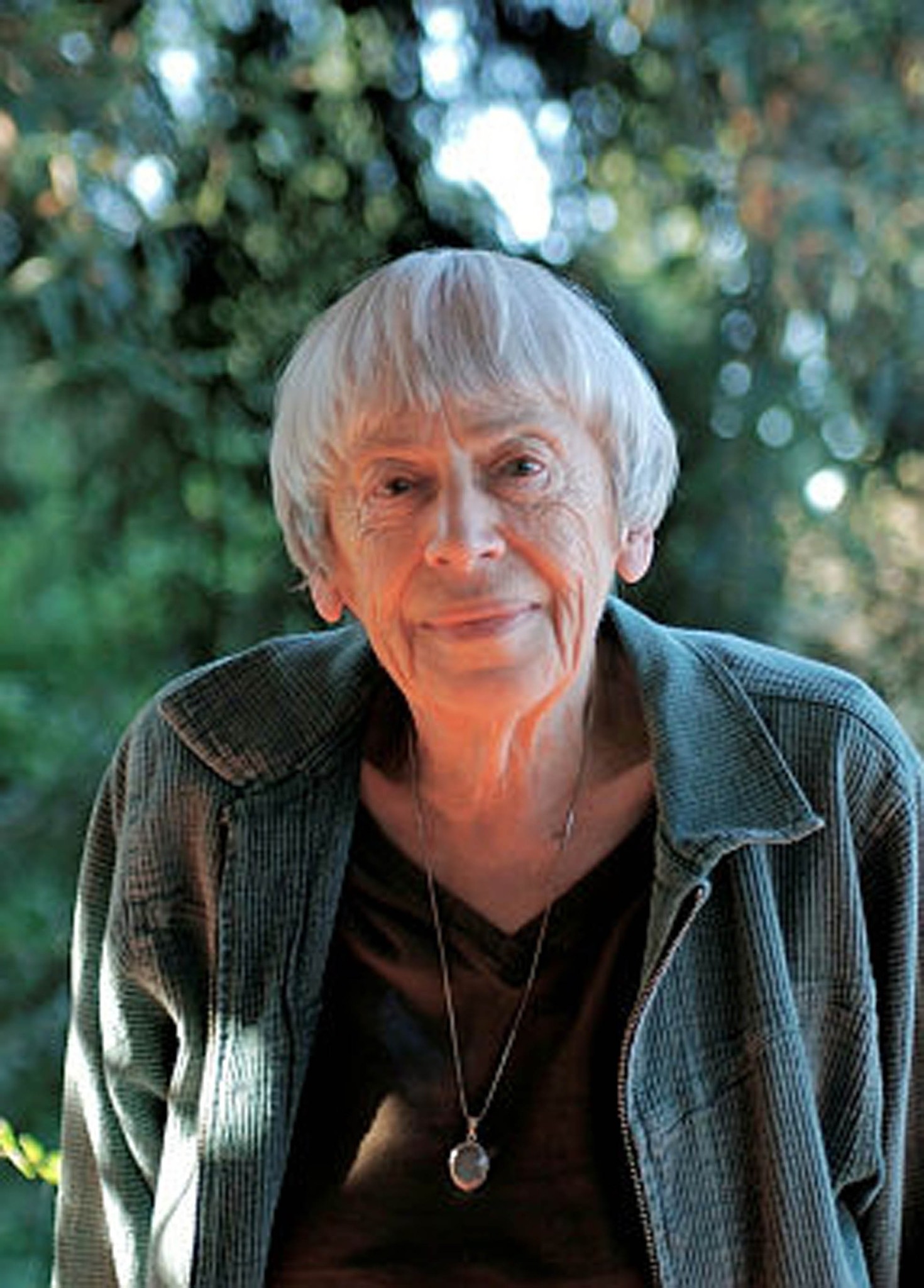

Annares has no laws, no private ownership, no police, no marriage, no possessive pronouns.īut the desert moon of Annares is a hard place where nothing much grows, not even ideas. “To make a thief, make an owner,” goes one aphorism attributed to their ancient philosopher/intellectual guiding light, Odo. Annarestis believe that human flourishing is only possible free from all coercion, through cooperation and a radical commitment to sharing (resources, yes, also children and sexual partners).

Annares is home to an anarchist community: the descendents of revolutionaries who fled Urras almost two centuries prior in order to build their ideal society. The story follows Shevek, a brilliant physicist from Annares, an almost uninhabitable arid moon that orbits lush, brutally unequal Urras. The Dispossessed: An Ambiguous Utopia, is not my favorite Le Guin novel (that would be The Tombs of Atuan), but it is probably her best one.


Gift for a Friend Who Posts About “Praxis”: The Dispossessed (1974) And if you’ve been stuck on what to buy for someone you love, here is a list of thoughtful gifts that say “I saw this article on Twitter.” There are books I read for the first time and thought, “I have known this story my whole life,” then read for the third or fifth time and discover something I didn’t know was there. She writes warm books about cold planets, abundant novels set on desiccated moons, grown-up stories for children. She is a master storyteller, both subtle and powerful, wily and wise. If you haven’t read any Le Guin yourself I can’t recommend it highly enough, even if you don’t think you like genre fiction. But even more recently I was told I need to contribute a Gawker gift guide, and the phrase “Ursula Le Guin Le Gift Guide” entered my brain like a child on Christmas morning, demanding attention, so here we are. It’s difficult to think clearly about someone who shaped the very way you think, as her work - Earthsea first, most, always - has done for me. Among them are some of my favorite books ever written, and ones I will read again and again until I can read no longer. Somewhere near the top of that list is the work of American science fiction and fantasy author Ursula K Le Guin, who died in 2018, leaving behind over 20 novels, seven essay collections, a dozen books of poetry, and more than 100 short stories. Recently, I was telling a friend that there’s a list of things I’ll probably never write about because I love them in a way that does not abide critical distance, which doesn’t really make for interesting writing.


 0 kommentar(er)
0 kommentar(er)
